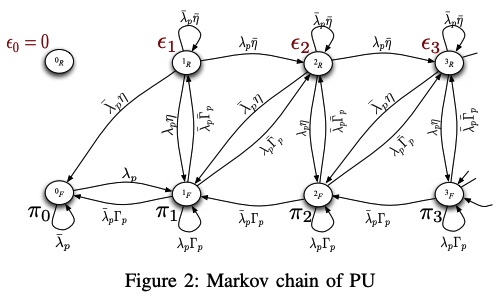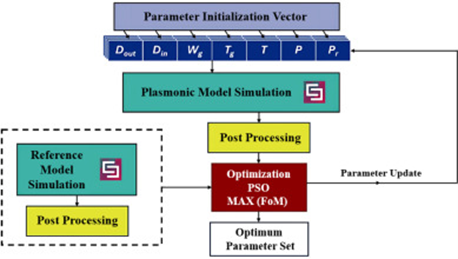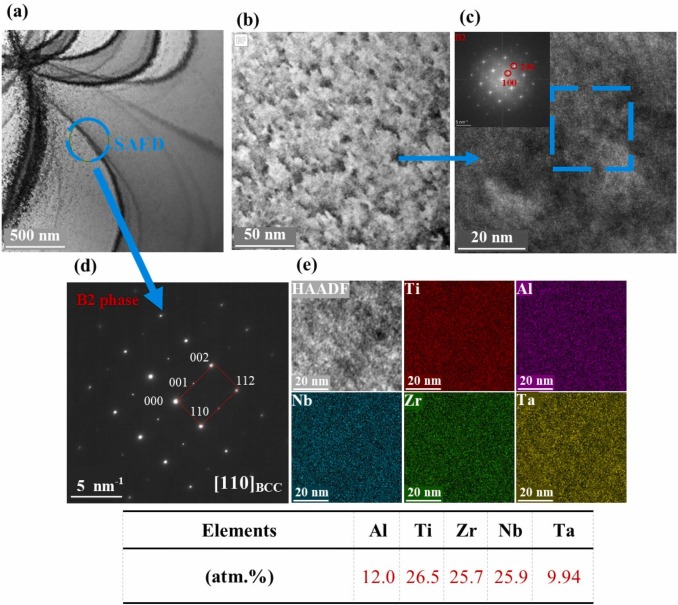

A feedback-based access scheme for cognitive-relaying networks
In this paper, we consider a cognitive relaying network in which the secondary user accesses the channel with a certain access probability that depends on the feedback information sent by the primary destination. In addition, the secondary user is granted relaying capabilities by which it can relay primary traffic that was unsuccessfully transmitted by the primary user. We show that this proposed scheme enhances the performance of the secondary user as well as the primary user, while the QoS requirements of the primary user is unviolated. The secondary user can avoid sure collisions with the primary transmissions exploiting the feedback information from the primary user. Also, due to the fact that relaying the unsuccessfully transmitted primary traffic increases the availability of the channel for its own packets, the secondary throughput is increased and the primary delay is decreased. © 2012 IEEE.



